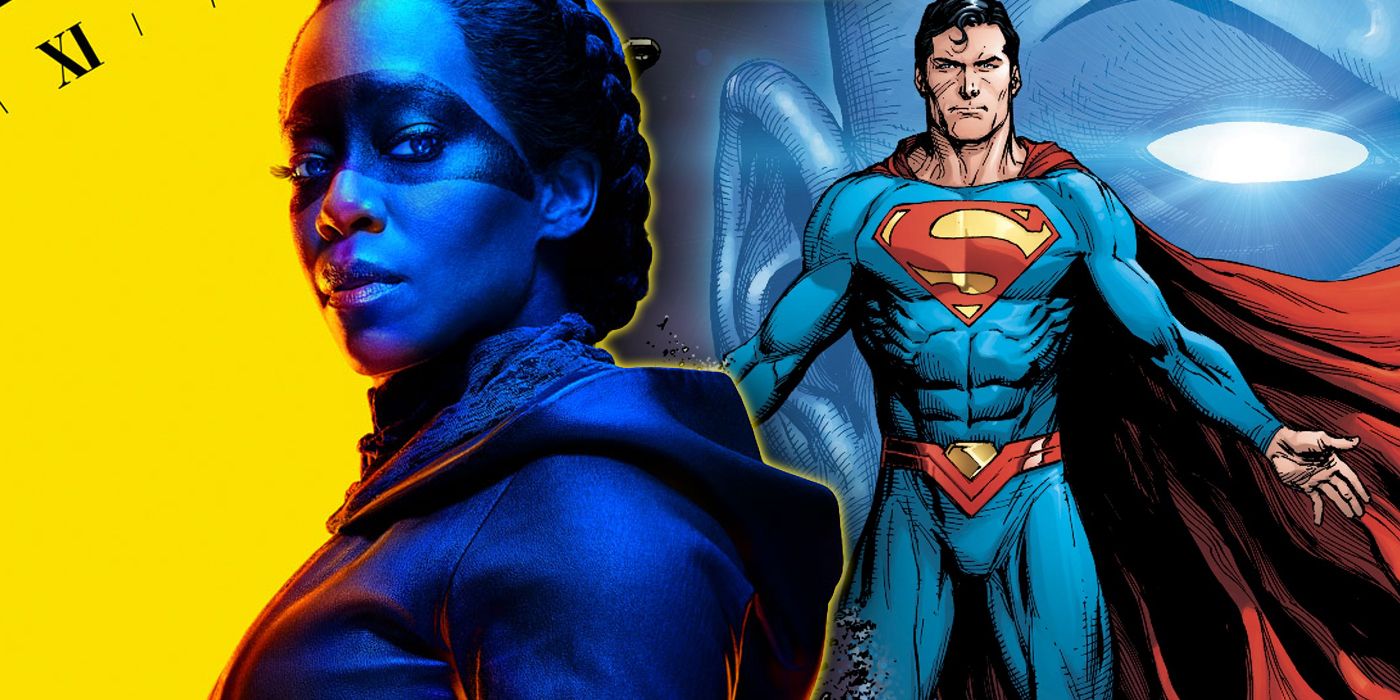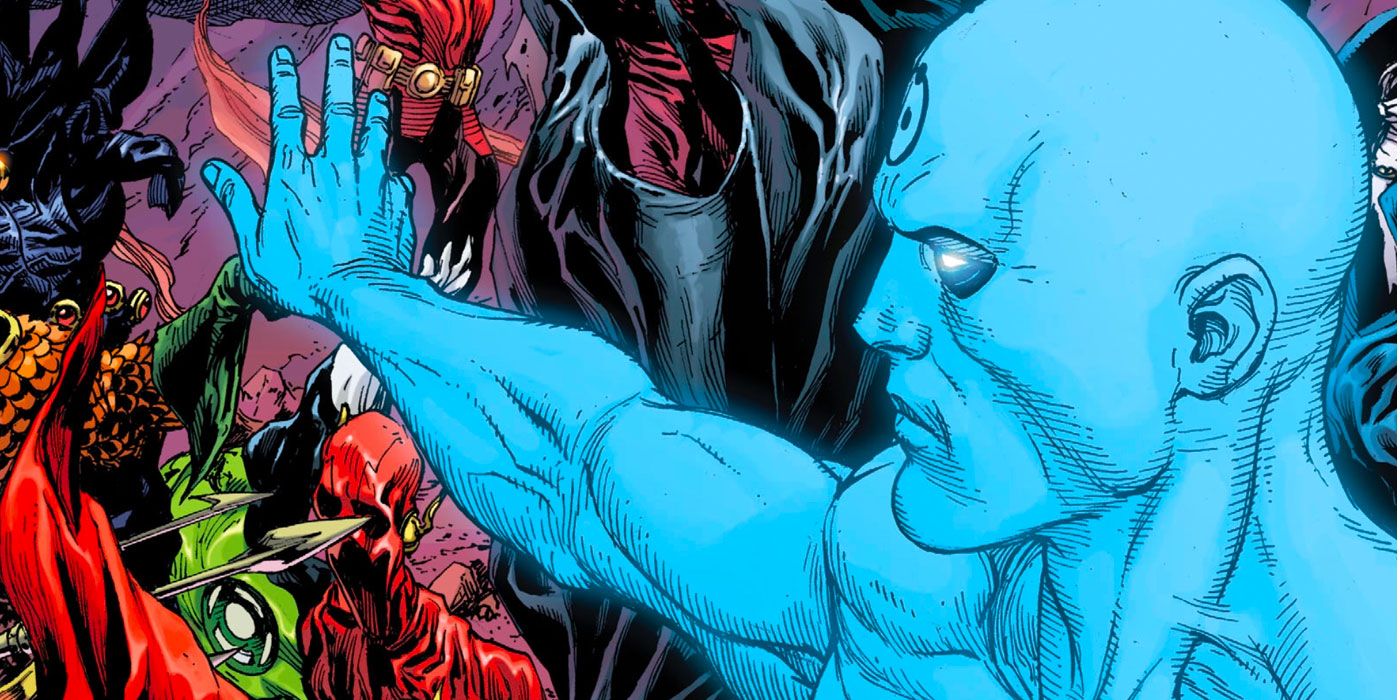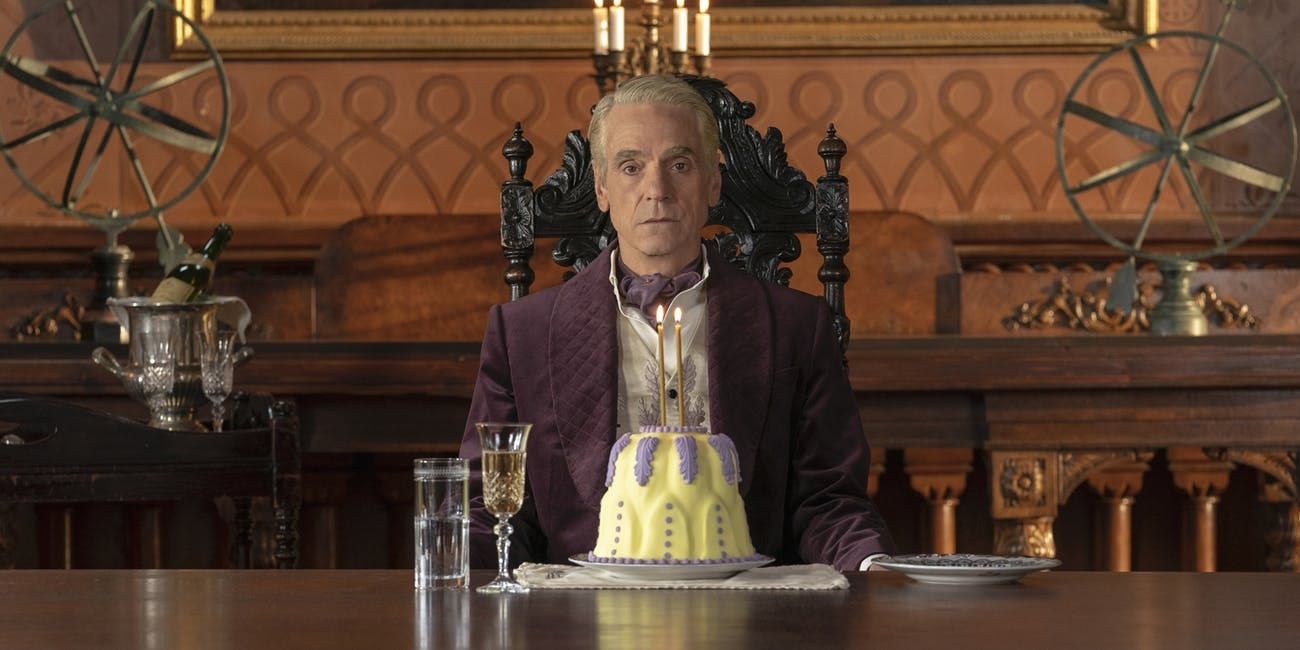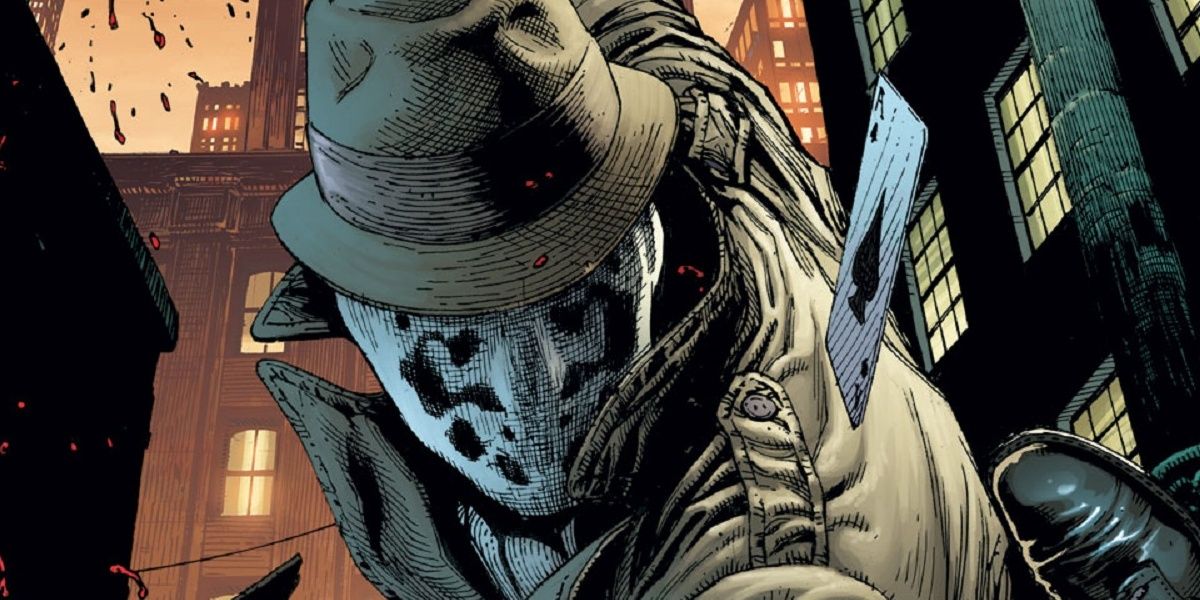Unless your name is Alan Moore, it's been quite a couple of weeks for Watchmen fans. Not only did HBO's sequel series conclude in a spectacular fashion, but the 12-issue Doomsday Clock, by Geoff Johns, Gary Franks and Brad Anderson, also wrapped up in a seismic way.
Yet, the former dominates much of the conversation. That's disappointing, because Doomsday Clock is the best superhero story since Watchmen, and its final issue has some serious ramifications for the greater DC Universe.
That being said, the book's erratic release schedule did it no favors. It took more than two years for it to reach its conclusion, with some fans losing interest along the way and store owners stressing about their pull lists. No one knew if another delay was on the horizon, and most people lost faith in the release schedule. To be fair, the series achieved fantastic sales numbers and the collected edition will likely become a top-seller upon release, but it lags far behind the level of interest in HBO's Watchmen.
In terms of popularity, television series will always trump comic books. Week after week, millions of people tune into shows that are adaptations of comic books, but those numbers don't translate into comic book sales. It's a reality that most comics creators and companies have come to terms with, as more eyeballs are glued to glitching screens than colorful pages.
Even so, it's remarkable to see what a property like Watchmen achieved on cable television. The franchise isn't as established or renowned outside of comic book circles as bigger names like X-Men or Justice League. Yet, it not only became the best comic book TV show of the year, but the best show across all genres.
Undoubtedly, part of its success had to do with it becoming its own beast, rather than trying to imitate the comics' seminal storyline. Showrunner Damon Lindelof understood the messages and themes of the original piece and updated it for the current sociopolitical landscape. While there are numerous nods to the book and even director Zack Snyder's film, this Watchmen story is firmly about 2019's global challenges.
Conversely, Doomsday Clock attempted something completely different. Since its inception, Watchmen has always felt far removed from DC continuity. From its tone and characters to its storyline and setting, many fans struggled to reconcile how it tied into the larger universe, apart from the "Elseworlds" explanation.
Johns' uncanny ability to merge and close story loops came in handy here, as he crafted a tale that not only put the Watchmen characters into the DC Universe but also established them as big-time players -- especially Doctor Manhattan. Through clever storytelling and a nuanced approach, it's now much easier to imagine a world where the likes of Superman, Batman, Rorschach and Adrian Veidt co-exist.
It was an exercise 30 years in the making, but Watchmen finally became part of DC canon. For this reason alone, Doomsday Clock should be celebrated in the same manner as world-changing events such as Crisis on Infinite Earths and Rebirth. Unfortunately, it isn't making as much as a dent due to the TV show stealing all its thunder.
While it's unlucky timing for Doomsday Clock, it should have no bearing on its quality in the long run. Years from now, Watchmen fans will look back at 2019 and realize they were blessed with two phenomenal continuations of the story that began in 1986.
Developed by Damon Lindelof, HBO's Watchmen stars Jeremy Irons, Regina King, Don Johnson, Tim Blake Nelson, Jean Smart, Louis Gossett Jr., Yahya Abdul-Mateen II, Tom Mison, James Wolk, Adelaide Clemens, Andrew Howard, Frances Fisher, Jacob Ming-Trent, Sara Vickers, Dylan Schombing, Lily Rose Smith and Adelynn Spoon.




